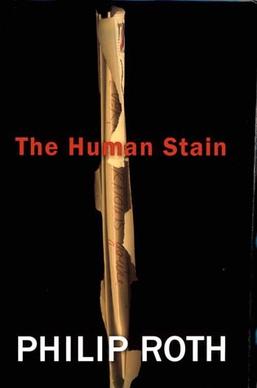
Why Did I Cry for Philip Roth?
Unbidden, copious tears were my initial response to the news of Philip Roth’s death. That visceral response of grief surprised me. Of course, as a professor of Jewish literature, I have written about and taught some of his books during the course of my career, most notably, The Human Stain, The Plot Against America, and, to a mostly female group of adult learners, Portnoy’s Complaint (I freely admit that I am much too prudish to teach the last to a group of traditionally-aged undergraduates).
But much as I admire Roth’s literary chops and chutzpah, he was never the center of my Jewish American literary universe. My critical kvelling tends toward such heavy hitters as Michael Chabon, Rebecca Goldstein, and Tony Kushner as well as such lesser known figures as Tova Mirvis, Judith Katz, and Michael Lowenthal. As a Jewish feminist, I found Roth’s literary performances of bad-boy masculinity more than a bit trying (I’m attempting understatement here). And his larger-than-life reputation (much of it earned, some of it the result of a critical boys’ club) tended to suck the air out of the room for other Jewish writers.
The contemporary Jewish American literary renaissance is broad and deep; Roth-mania inside and outside the academy had the potential to lionize the one at the expense of the many, especially women and queer writers of all genders. My personal critical practice has been to give him his due but to avoid idol worship. I wouldn’t, couldn’t put him on a patriarchal pedestal, but neither would I leave him behind in the misogynist mud.
One comment on “Why Did I Cry for Philip Roth?”
Comments are closed.




What a beautiful tribute to Philip Roth and to Jewish Women. What an accomplished piece of writing.